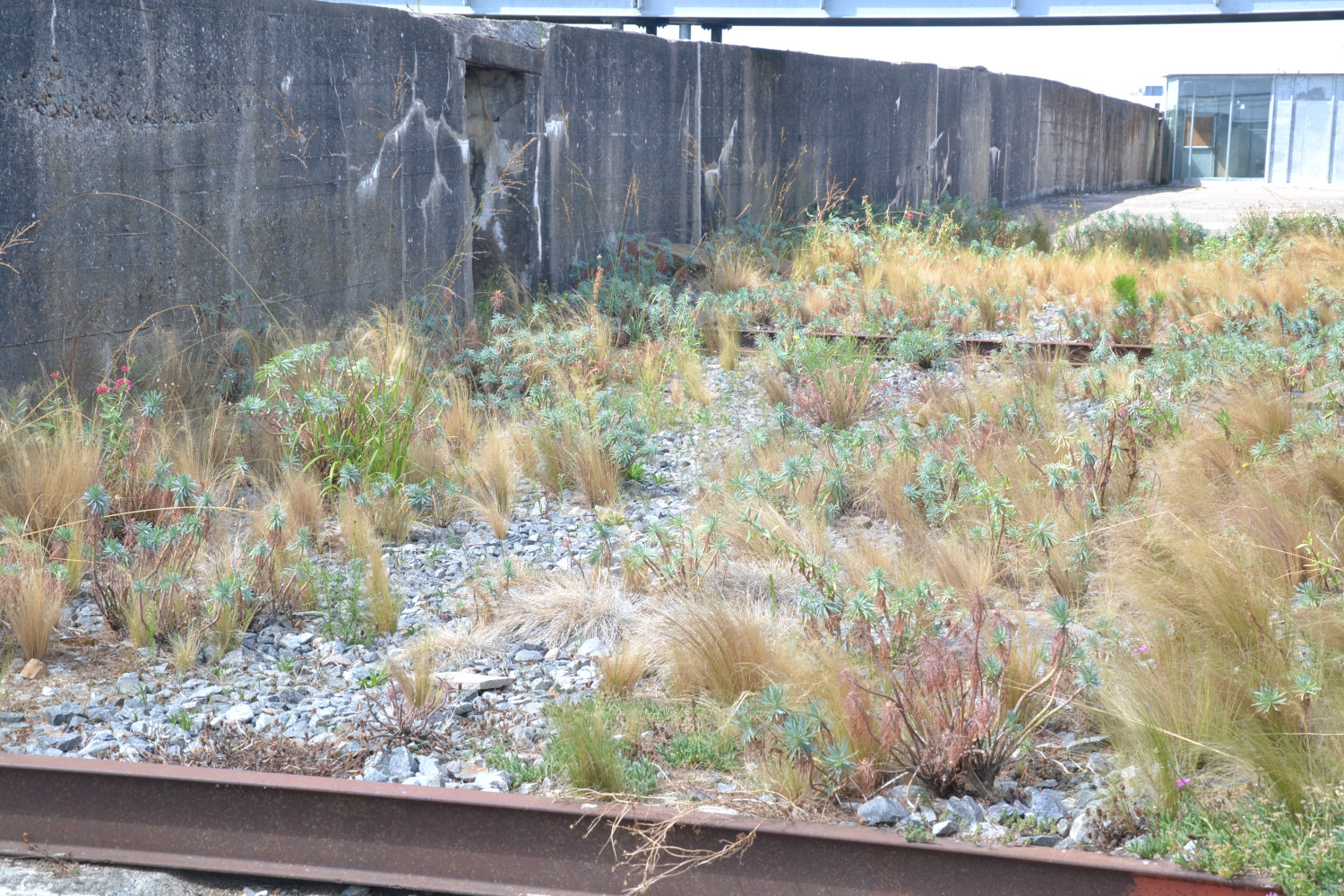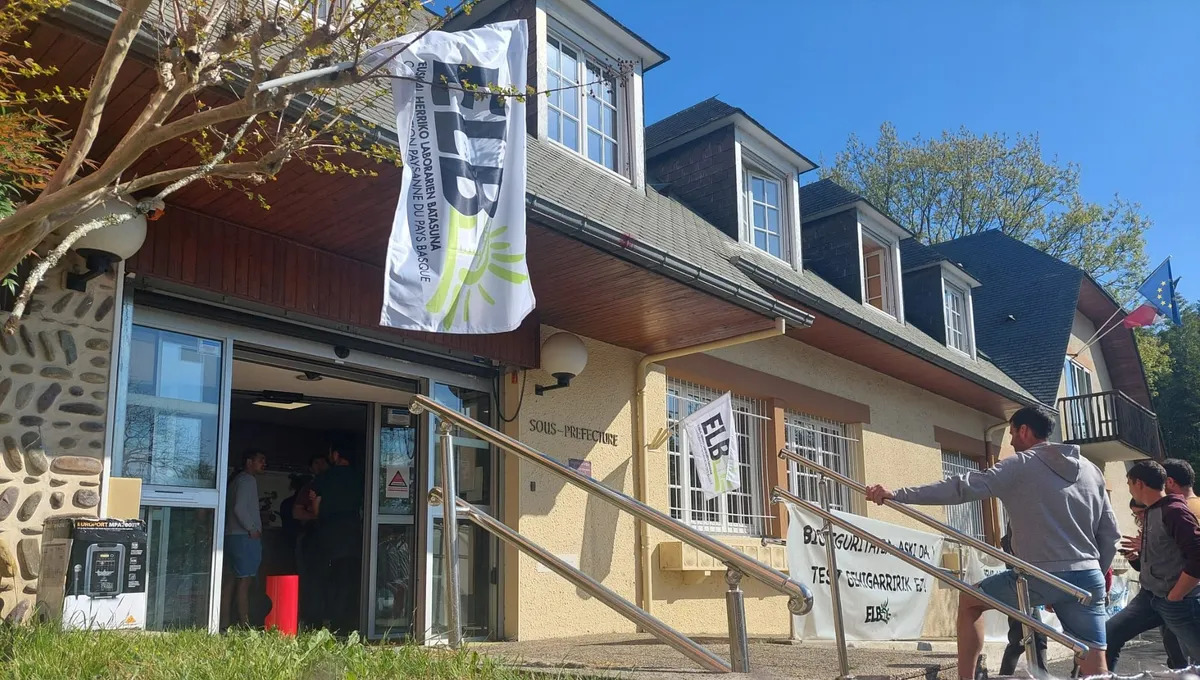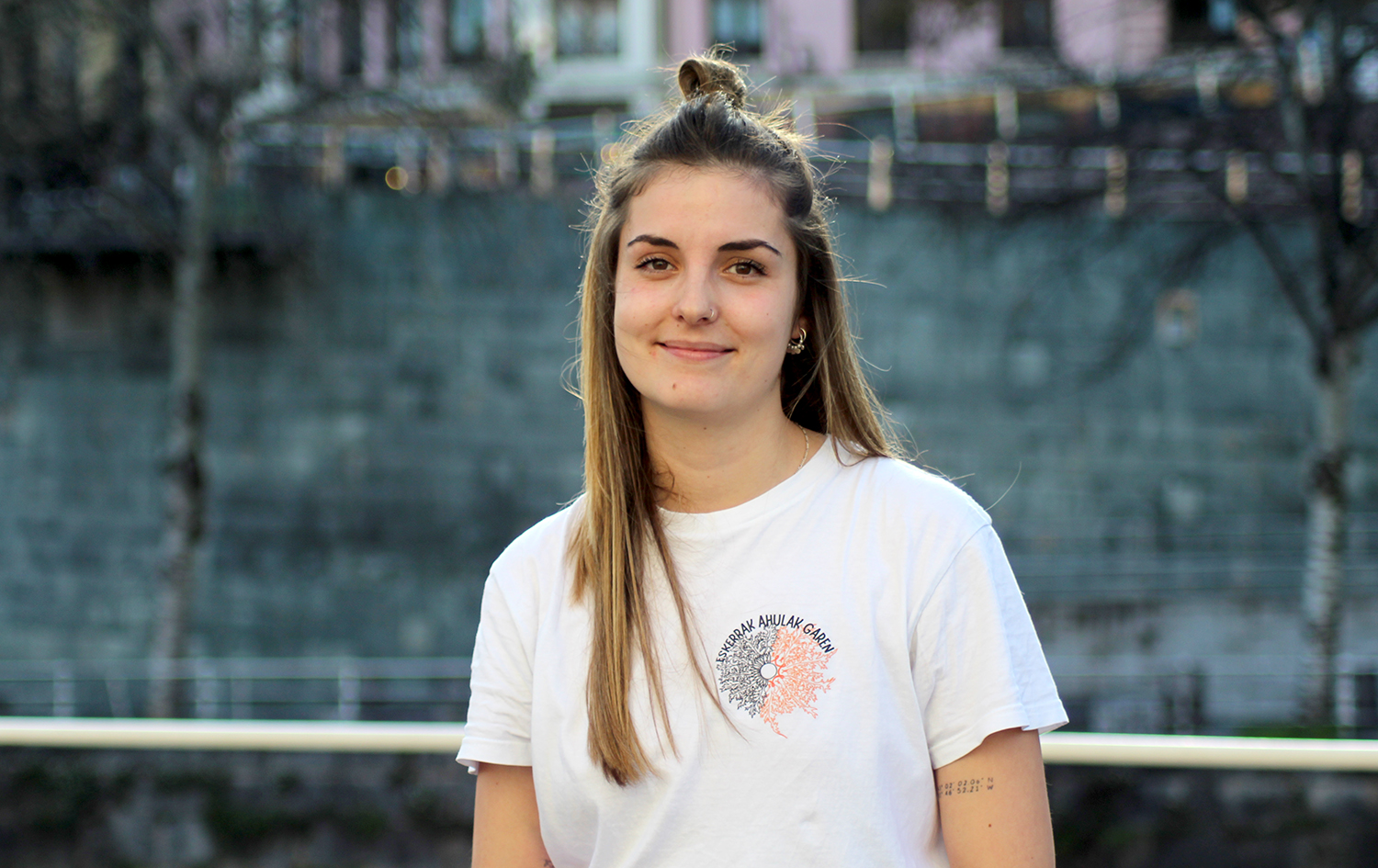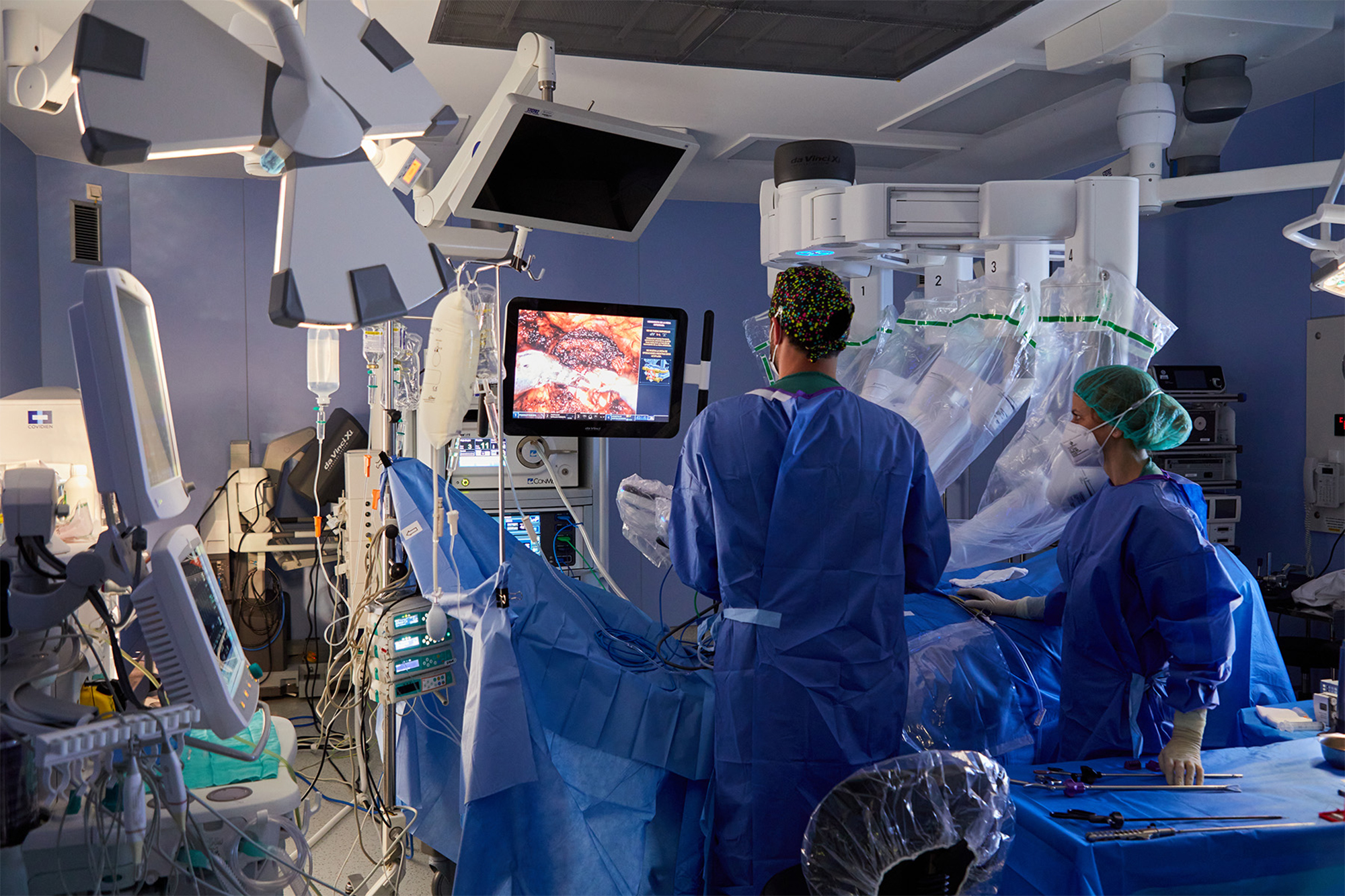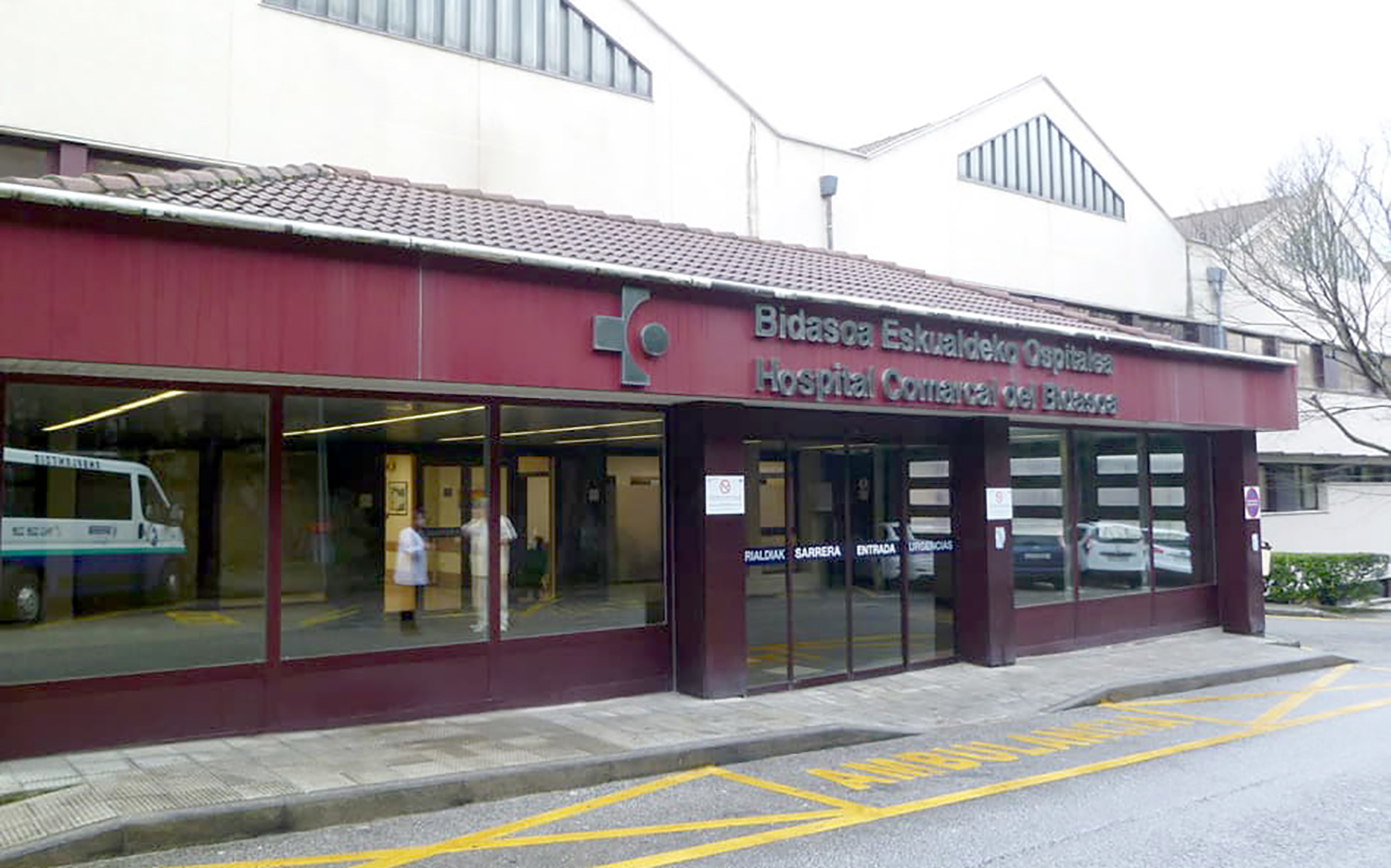"Knowing that we want a Basque doctor, they make us calm in Spanish"
- Joseba Otano, a member of the Basque Administration, has spoken about the violations of linguistic rights in the health sector.

“You have called the Health Center, if it is an emergency press 1, if you want to be attended in Euskera press 2 and if you want in Spanish press 3 or wait,” says a recorded voice when calling the Health Center. Although he presses number 2, most of the time the reception clerk responds in Spanish and when asked if he knows Basque the answer is negative. “This means that there is no service in Basque or that it is poorly organized,” explains Joseba Otano, member of the Administrazioa Euskaraz group.
“There are many complaints about not being able to speak in Basque in doctors, but in the Government of Navarra Osasunbidea will probably be the department with the most bilingual jobs,” he explained. He adds that the attention varies “a lot” from one area to another in Navarre: “Most of it is in the Vascophony zone, in the mixed area very little and in the rest there is not”.
He has denounced that the fact that the service in Basque is scarce has two main consequences: “Our identity is denied and there are places where some are doing better and there are communication problems in Basque.”
In the Pamplona district of Rochapea, for example, a lot of time has been spent asking for Basque doctors. In 2016 there was a collection of closing and signing, and after many demonstrations, in 2018 a Basque doctor was obtained. Otano lives in Rochapea: “It was the Basque doctor who had and put me back in Castilian.” They protest and put another Basque doctor: “Knowing that we want an Euskaldun doctor, they are quiet in Spanish.”
He emphasizes that in the mixed area “it is a great achievement” because “it is very difficult to receive the service in Basque”: “It has been a success in the rochapea because we fight, we have to fight every day to obtain rights”.
Health in the process of Euskaldunization
The Commonwealth of Basque Municipalities UEMA has called on citizens to seek health care in Basque. According to a survey conducted by Osakidetza in February, about 77% of the users state what language they want to be cared for, 19% of whom say they want to be cared for in Basque.
60% of UEMA users in Araba, Bizkaia and Gipuzkoa stated that they wanted to receive the service in Basque. In addition, one in five citizens has no linguistic option with regard to health, especially those called UEMA.
In addition to the empowerment of citizens, he stressed that the work of public institutions is fundamental: “Receiving the health service in Basque is a right of citizenship and, therefore, an obligation of public institutions”.
You may not know who Donald Berwick is, or why I mention him in the title of the article. The same is true, it is evident, for most of those who are participating in the current Health Pact. They don’t know what Berwick’s Triple Objective is, much less the Quadruple... [+]
Indartsua, irribarretsua eta oso langilea. Helburu pila bat ditu esku artean, eta ideia bat okurritzen zaionean buru-belarri aritzen da horretan. Horiek dira Ainhoa Jungitu (Urduña, Bizkaia, 1998) deskribatzen duten zenbait ezaugarri. 2023an esklerosi anizkoitza... [+]
Pazienteek Donostiara joan behar dute arreta jasotzeko. Osasun Bidasoa plataforma herritarrak salatu du itxierak “are gehiago hondatuko” duela eskualdeko osasun publikoa.
EAEn BAMEa (famili medikuen formazioa) lau urtetik hiru urtetara jaistea eskatu du Jaurlaritzak. Osakidetzaren "larritasunaren" erantzukizuna Ministerioari bota dio Jaurlaritzako Osasun sailburu Alberto Martinezek: "Ez digute egiten uzten, eta haiek ez dute ezer... [+]










